
The Successful Investor
What 80 Million People Need to Know to Invest Profitably and Avoid Big Losses
Read or listen offline
Amazon KindleRecommendation
William J. O’Neil, founder of Investor’s Business Daily (which he cites constantly in his book), provides an excellent how-to tour of his CAN SLIM investing approach. The method makes eminently good sense if you do what it says, when it says. Most investors risk failure, not because their systems are flawed, but because people are. O’Neil makes it clear: to be an investor, you must put forth enormous dedication, discipline, emotional fortitude and humility, and you need a sound strategy, such as CAN SLIM. The author may make investing look a tad too easy, though the charting he recommends is obviously going to take some time to accomplish and understand. But he pulls no other punches. His advice is knowledgeable and straightforward. He tells you what to do, and how to move ahead wisely and profitably. getAbstract.com thinks investors should read and study this honest, worthwhile book that summarizes the essentials of one of the latter twentieth century’s most popular investing systems.
Summary
About the Author
William J. O’Neil is founder and chairman of Investors Business Daily and a best-selling author of investment books including How to Make Money in Stocks.








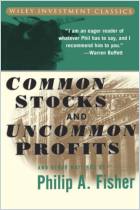
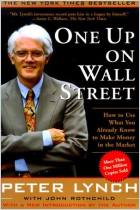
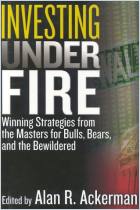
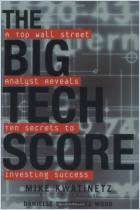
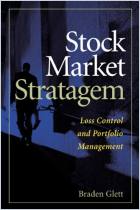
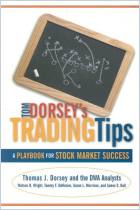


Comment on this summary